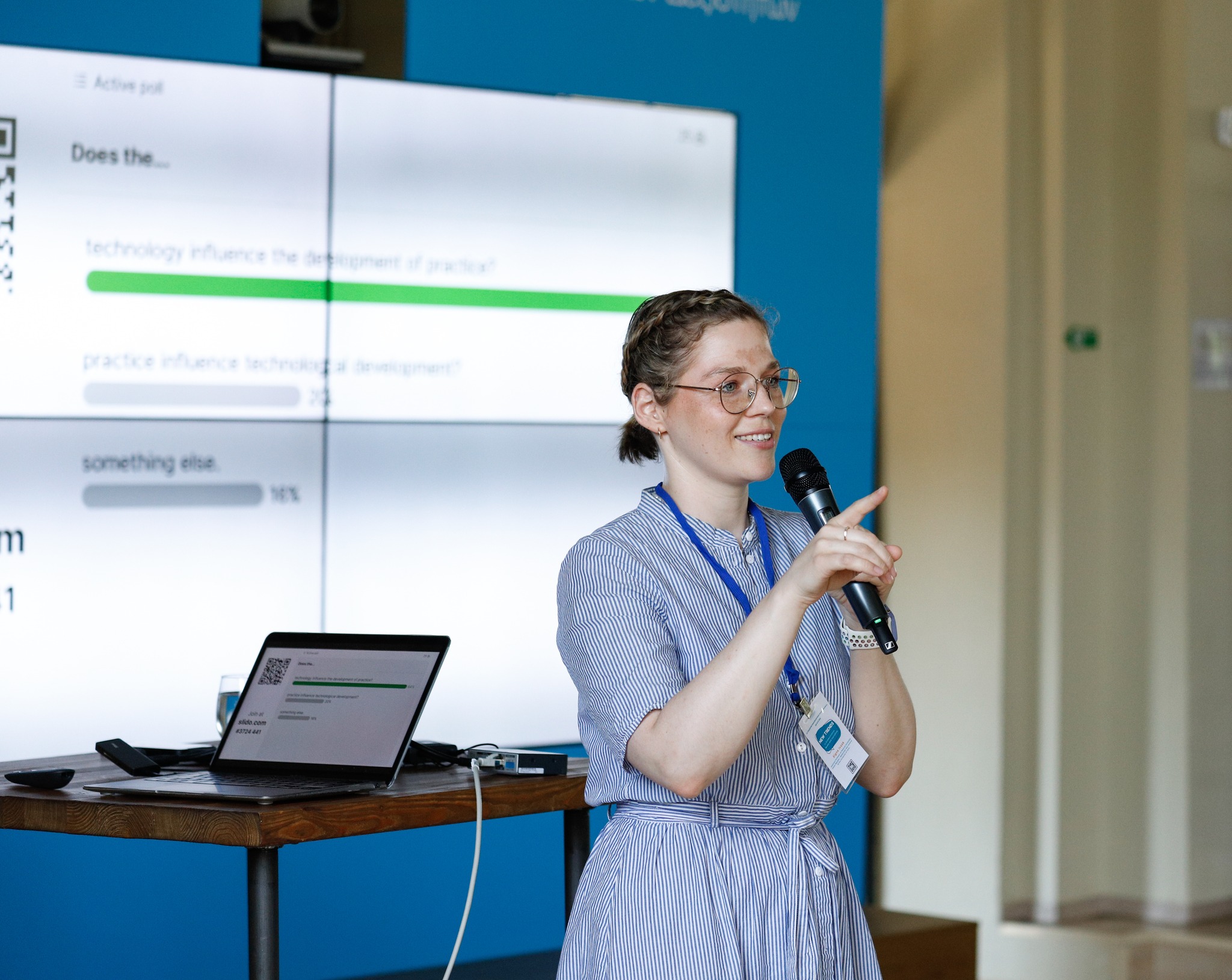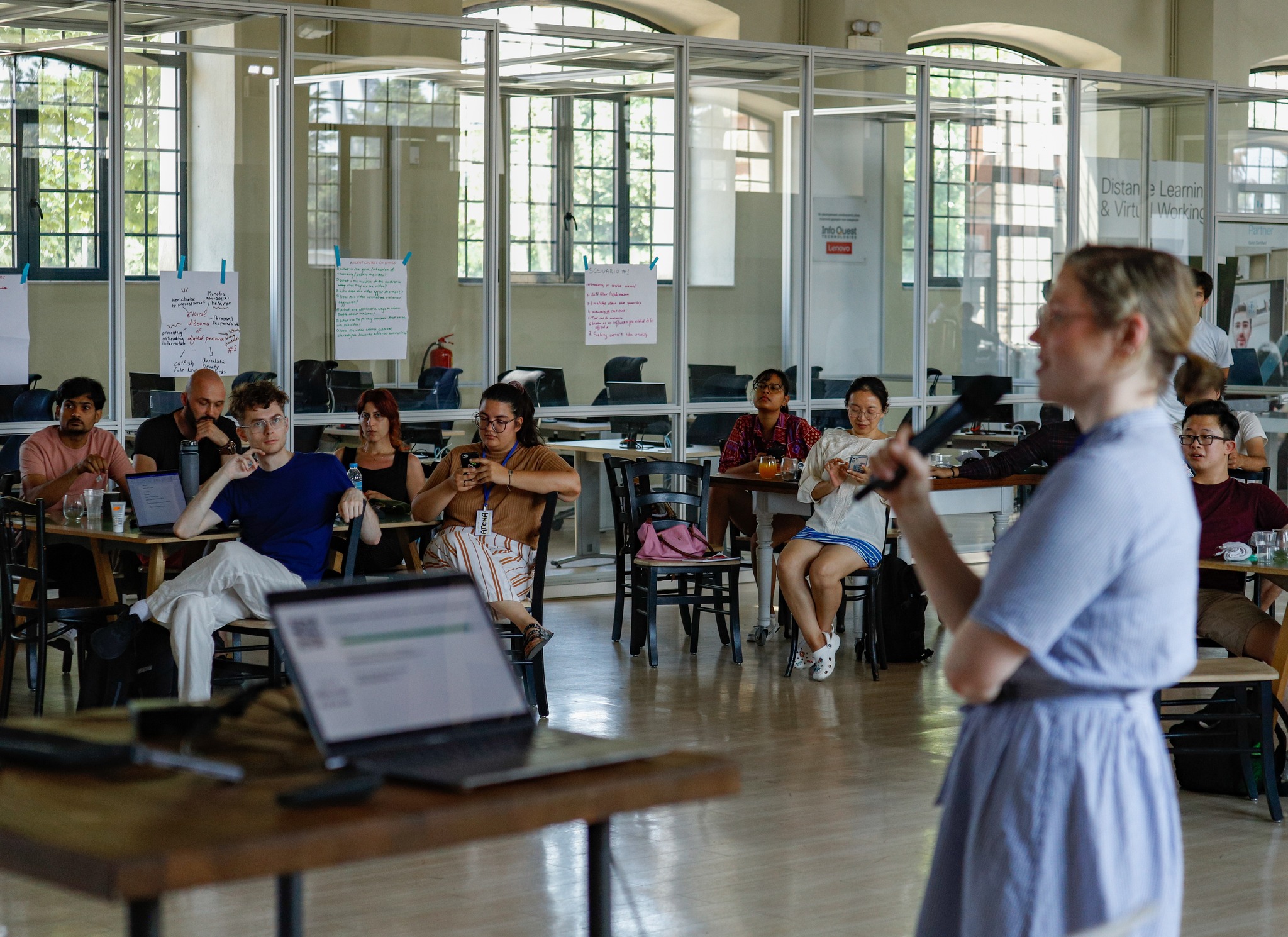Conference theme: The currents of global media and culture
Date: July 3-4, 2024, 1:00-6:00PM
Venue: Thessaloniki, Greece
Co-organizers: THISAM (Peace Journalism Lab, School of Journalism and Mass Communications, Aristotle University of Thessaloniki, Greece), Institute for Convergence Culture (Hallym University, Korea), Knowledge Coop for Good Governance (Seoul, Korea) and Global Media and China (Sage)
THISAMers BLOG

By Ektait Maria Xenia
Throughout THISAM 2023, we were engaged in a variety of stimulating lectures and discussions. Among them, "From Extractive to Collaborative Journalism: Building Trust for More Accountable Reporting" by Miss Aphrodite Salas, Assistant Professor at Concordia University, stood out as particularly remarkable and thought-provoking.

By Uliana Galantseva
The question of AI replacing journalists is a pressing concern among many in the journalism field, including participants at THISAM 2023 (Thessaloniki Media Summer Academy). Throughout this year’s sessions, AI emerged as a recurring theme, sparking debates and speculations about the future of journalism.

By Safali Sagiyeva
Despite the conclusion of long-standing conflicts that have devastated generations, lingering enmity between nations continues to perpetuate trauma. This enduring hostility breeds fear of war, driving people to relocate or even leave their countries. The repercussions include political instability, economic and scientific stagnation, and a deep-seated hatred that distorts reality, making populations vulnerable to manipulation.

By Nina Planinšek
In our rapidly evolving digital age, content creation has become a potent tool for self-expression, communication, and influence. Platforms like social media, vlogging, and blogging have democratized content creation, enabling anyone with an internet connection to share their ideas and stories globally.

By Matevž Pucer
Images significantly impact our daily lives, with visual information often processed faster and remembered more effectively than verbal information. Professor Thomas Miller from George Washington University, USA, demonstrated how visuals influence our interpretation of news and storytelling. This has profound implications in news production and other media fields, including advertising, social media, and messaging.
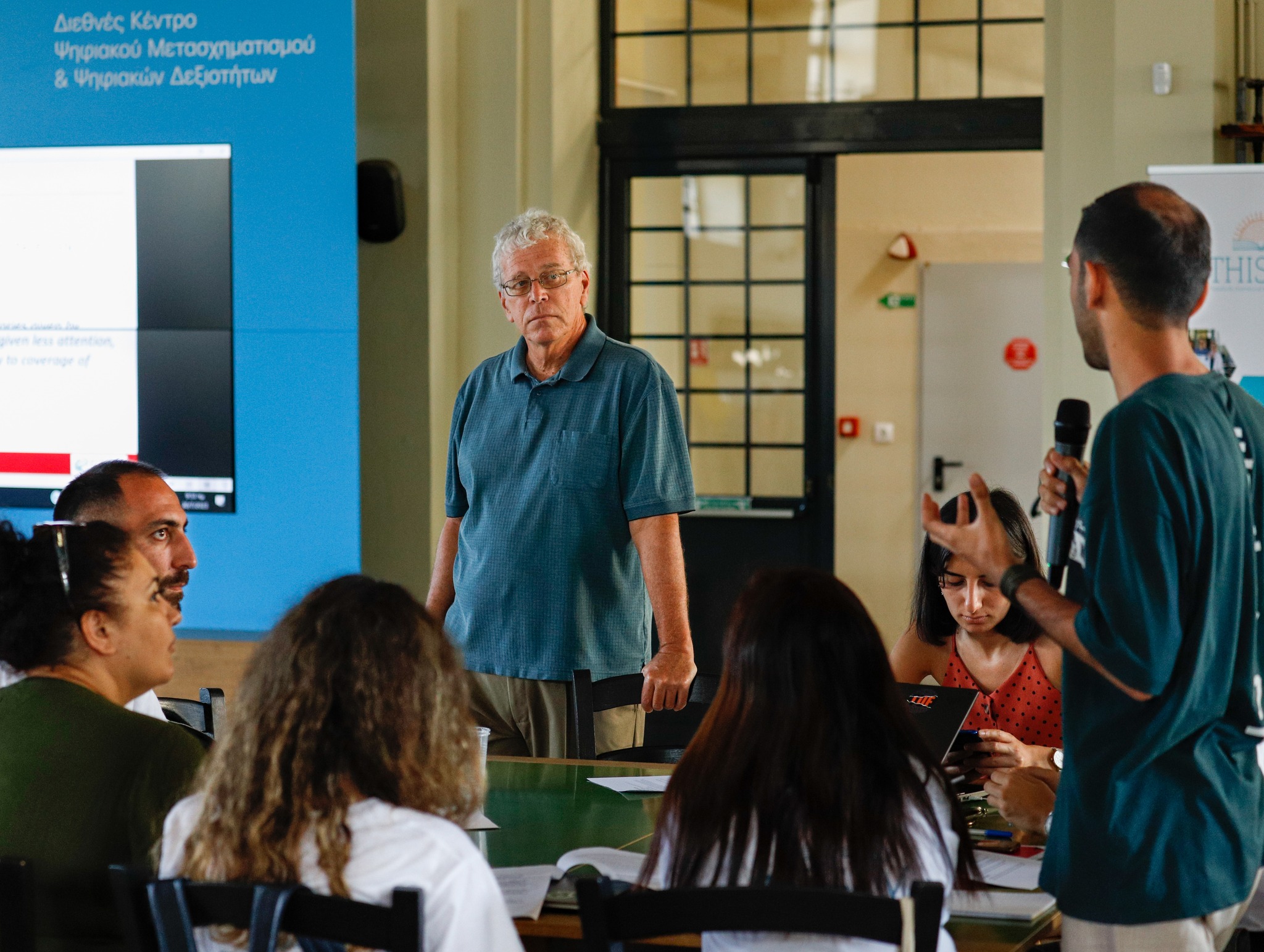
By Lucas Marsh
Since the advent of photography, conflict reporting has played a crucial role in disseminating information about wars and civil unrest to the public. However, the manner in which journalists choose to present these stories, whether through the deliberate framing of photographs or the subconscious use of language, can potentially exacerbate tensions and lead to further violence. Thus, it is of utmost importance for conflict journalists to incorporate peace journalism practices into their work.

By Laman Huseynli
War, conflicts, and humanitarian crises have left indelible scars throughout human history, affecting societies and individuals deeply. In our digital age, visual representations of these events significantly shape public opinion and understanding. However, questions often arise about the accuracy and objectivity of these images, as they can be easily manipulated or selectively presented to support specific narratives.
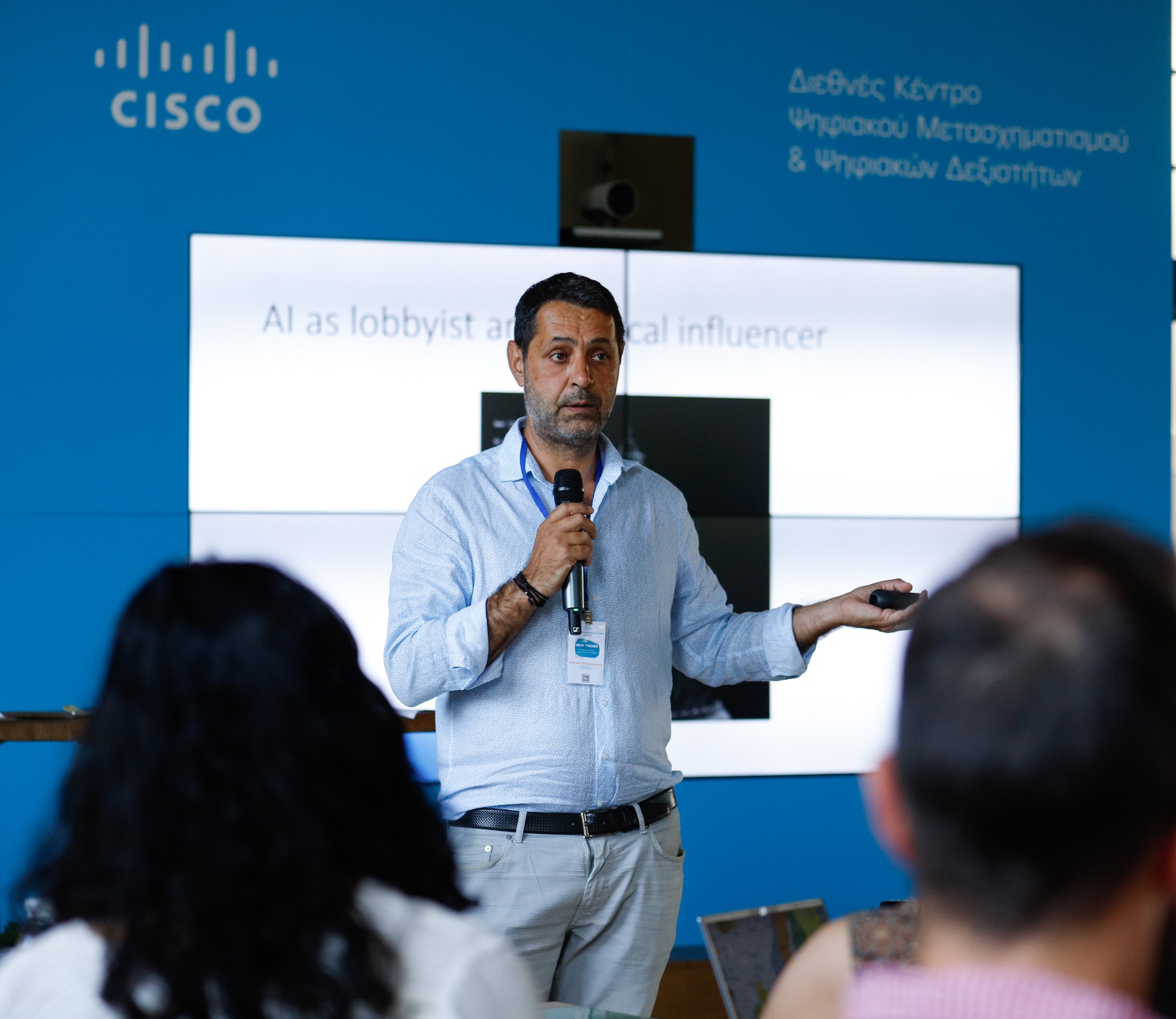
By Kalliopi Konstantinidou
The International Media Summer Academy of Thessaloniki marked its seventh year this July. Over these years, it has brought together experts, distinguished professors, and knowledgeable students, all sharing their insights and viewpoints on pertinent issues within the media world. These discussions are crucial not only for media professionals but also for anyone interested in staying informed about media trends, detecting bots, and fact-checking independently.
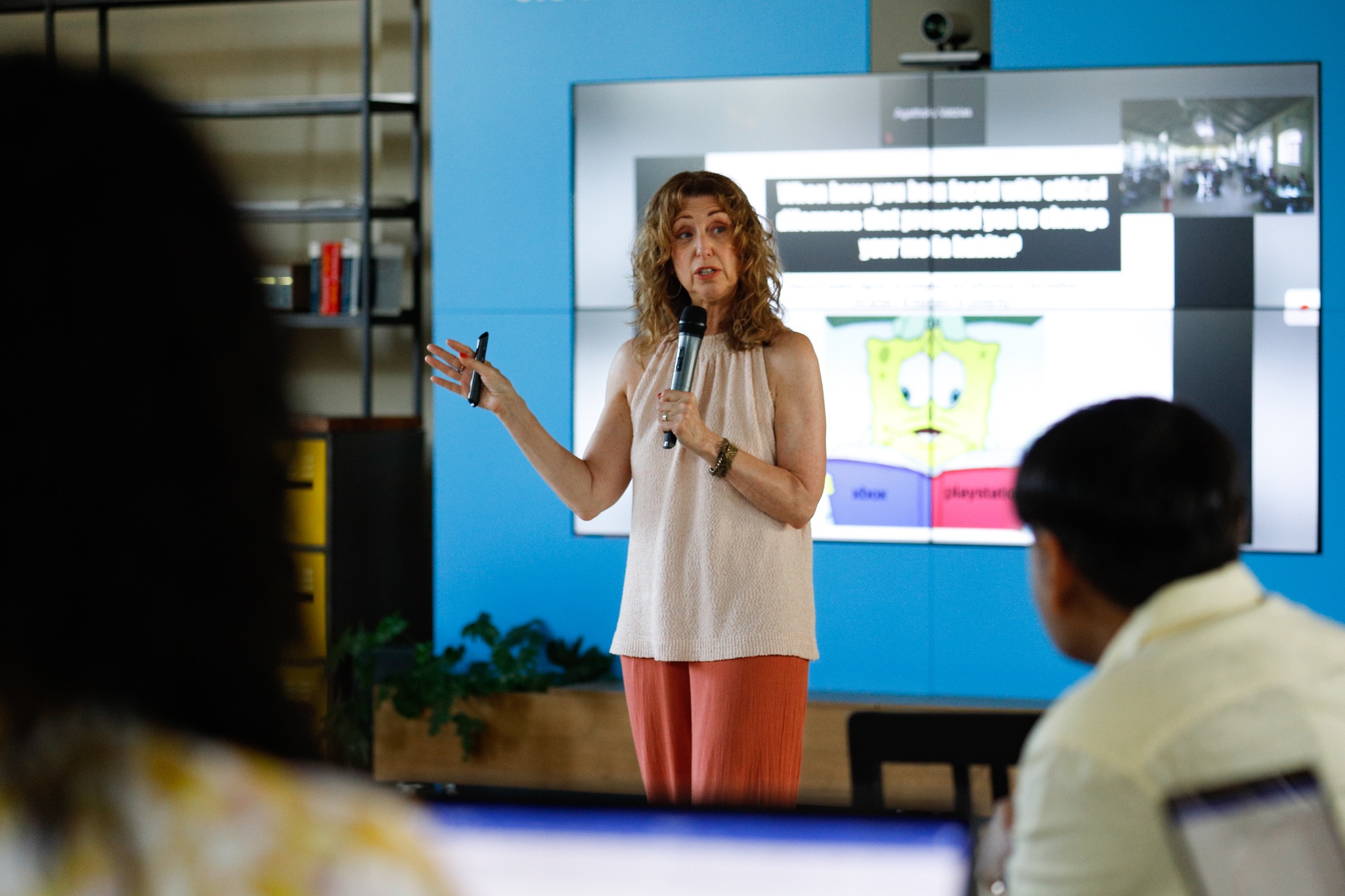
By Jason Luo
A topic that captivated my attention at THISAM was the role of ethics in media and journalism. The significance of ethics was a recurrent theme in many presentations, notably those by Culver, Fawcett, and Bouras. With AI's burgeoning presence in our media-centric digital world, we are compelled to confront the moral implications of technological advancements.

By Isabelle Devi Poirier
I chose to write my essay on Steven Youngblood’s lecture about reporting on peace. The decision was difficult, knowing another Concordia student also wanted to cover this topic and that we had only seen half of the presentation so far—since this assignment is due before the next half. However, Youngblood's presentation deeply resonated with me, prompting critical reflection on my work during my two years as a journalism student.



